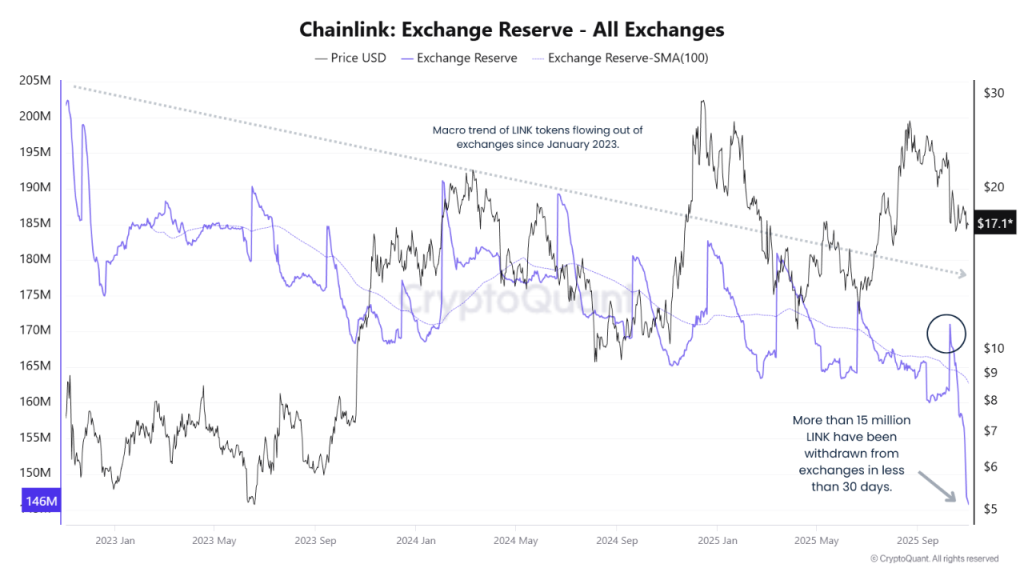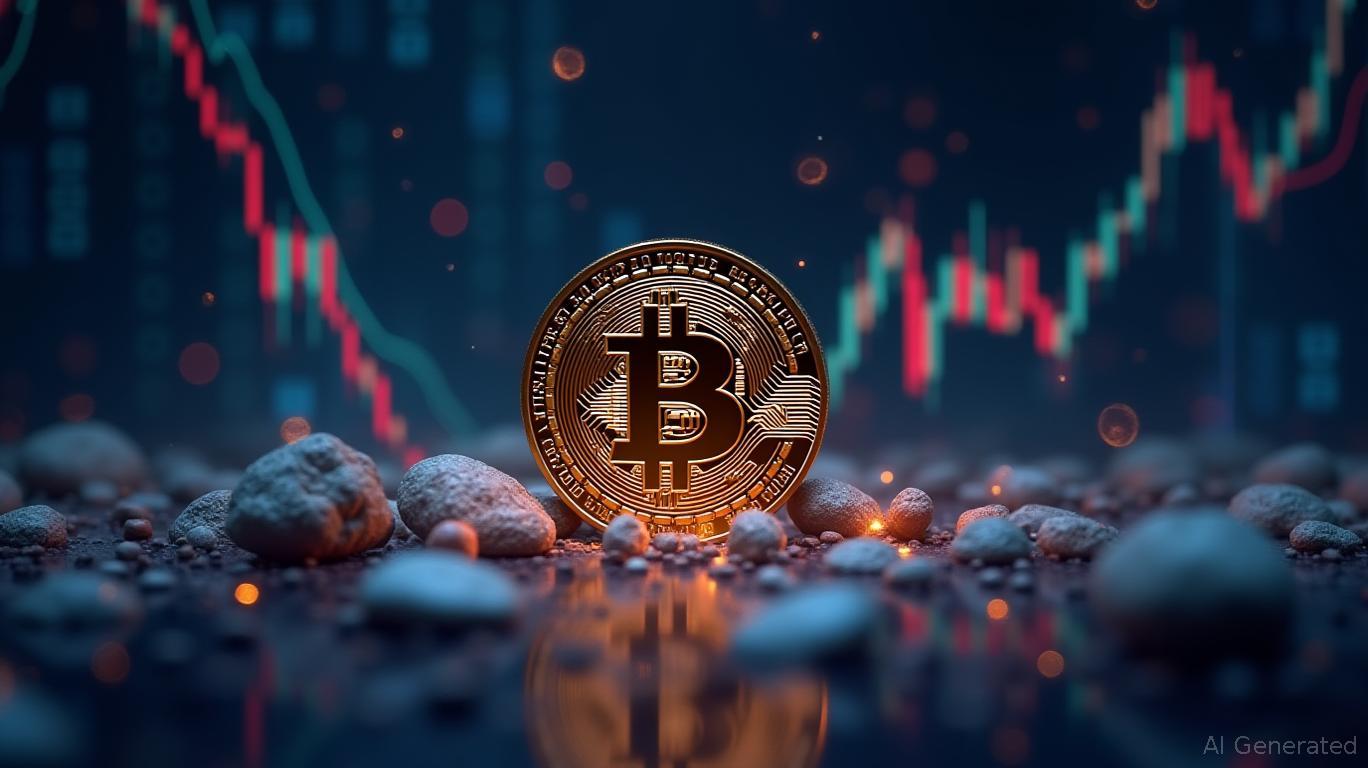Crypto’s Regulatory Balancing Act: How the US and Nigeria Weigh Innovation Against Combating Fraud
- U.S. regulators face controversy over Trump's pardon of Binance founder CZ, raising concerns about regulatory consistency and crypto-business ties. - Nigeria's SEC reports $218M in crypto Ponzi scheme losses, pushing for stricter oversight to combat fraud exploiting investor greed. - U.S. Congress debates crypto regulatory framework amid bipartisan divides, seeking clarity for an evolving digital asset landscape. - Global crypto markets grapple with balancing innovation incentives against fraud preventio
The world of cryptocurrency is experiencing major changes as authorities in both the United States and Nigeria respond to the aftermath of prominent political moves and rising fraud cases. These events underscore the increasing challenge of finding the right balance between fostering technological progress and ensuring effective regulation in the digital asset sector.

Within the U.S., Donald Trump’s contentious decision to pardon Binance’s founder Changpeng Zhao (CZ) has ignited intense discussion. The pardon, granted just a few weeks after Trump took office, absolved CZ of federal charges tied to Binance’s shortcomings in anti-money laundering practices. Yet, Trump’s later statement in a televised interview that he was unfamiliar with CZ has cast doubts on both transparency and the consistency of regulatory actions. Some interpret this as a sign of a more pro-business stance toward crypto, while others warn it could weaken regulatory credibility, according to
While the U.S. faces political ambiguity, Nigeria is urgently seeking tighter controls over cryptocurrencies. The Nigerian Securities and Exchange Commission (SEC) revealed that citizens have lost more than $218 million (N316 billion) to Ponzi schemes in recent years, fueled by aggressive online promotions promising extraordinary profits. Abdul Rasheed Dan-Abu, who leads the SEC’s FinTech division, pointed out that these scams prey on people’s greed and lack of knowledge, typically collapsing once new investments stop coming in, as
Meanwhile, legislative efforts to regulate crypto in Congress are picking up speed, though partisan disagreements remain. A comprehensive regulatory proposal, previously stalled by a government shutdown, is now being actively debated. Senate Agriculture Committee Chair John Boozman (R-Ark.) and Sen. Cory Booker (D-N.J.) are collaborating to finalize legislation that would define the legal framework for digital assets, though lawmakers are still at odds over several major policy issues,
The intersection of political choices, efforts to combat fraud, and legislative developments highlights the careful equilibrium regulators must maintain. In Nigeria, the SEC’s push for tighter crypto rules is intended to restore confidence in digital assets and shield investors from exploitative schemes. In contrast, the U.S. faces a more divided environment, where executive decisions and legislative debates are shaping the industry’s future.
As these dynamics play out, the long-term effects on the global cryptocurrency market remain unpredictable. The U.S. decision to pardon CZ and Nigeria’s move toward stricter oversight both reflect the ongoing tension between political influence and the need to protect the public. For now, both investors and regulators are closely monitoring whether these changes will encourage innovation or further complicate the regulatory landscape.
Disclaimer: The content of this article solely reflects the author's opinion and does not represent the platform in any capacity. This article is not intended to serve as a reference for making investment decisions.
You may also like
Chainlink Price Prediction 2025: Rising Institutional Adoption Eyes $100 Target

DeFi Faces Confidence Challenges: External Mismanagement Reveals Deep-Rooted Vulnerabilities
- Stream Finance halts deposits/withdrawals after $93M loss from third-party mismanagement, triggering XUSD depegging and systemic risks. - Perkins Coie investigates, highlighting DeFi governance flaws as XUSD’s 58% 24-hour drop impacts $280M in linked loans. - Industry warns of trust fragility; incident coincides with Balancer’s $116M hack, amplifying crypto sector scrutiny. - Stream’s crisis underscores risks in DeFi’s reliance on external managers amid broader economic pressures and regulatory tightenin

Solana Latest Updates: Bitcoin Falters, Solana Shows Uncertainty While MoonBull's Tokenomics Spark November Rally
- Bitcoin fell below $116,000 in late October amid cautious positioning before the Fed meeting, with on-chain metrics showing stable miner holdings. - Solana dropped 6% after Jump Crypto swapped $205M SOL for BTC, highlighting altcoin volatility despite $100B+ market cap support from ETF approvals. - MoonBull ($MOBU) surged 163% in presale with 95% APY staking, leveraging deflationary tokenomics and meme-driven adoption to outpace BNB/AVAX in 2030 ROI forecasts. - Institutional crypto infrastructure deals

Tokenized Treasuries Reach $8.7 Billion as Authorities and Competing RWA Platforms Draw Near
- Tokenized U.S. Treasuries surpassed $8.73B AUM, driven by institutional demand and yield seekers, with BlackRock and Securitize leading the market. - Regulatory scrutiny intensifies as CFTC and Hong Kong tighten oversight, while RWA rivals like tokenized gyms and education assets challenge treasury dominance. - Liquidity constraints and redemption restrictions persist, but ISO 20022 blockchain integration signals progress toward bridging TradFi and digital finance. - Market growth faces hurdles including
